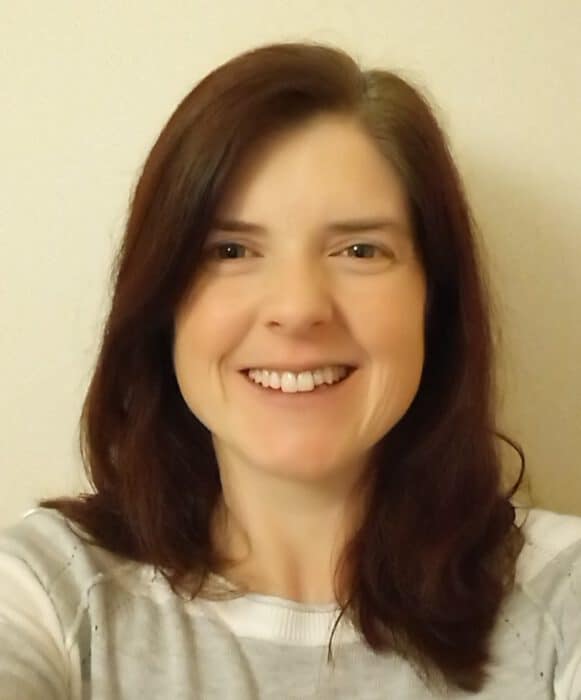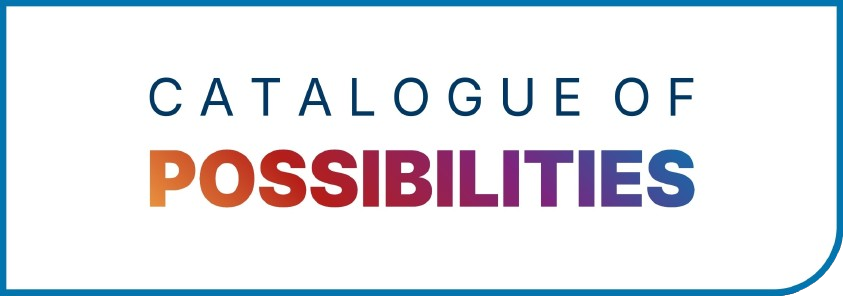Dr Sarah Croke she/her

Senior Lecturer
Mission Priority Areas
My work is centred on aspects of quantum theory: I am interested in applications in quantum information and computation, as well as more foundational aspects. It was undergraduate quantum mechanics that made me become a theoretical physicist, and it is still a topic which fascinates me. Quantum information science gives us a new perspective on physics: what tasks are possible in a quantum world, that would not be possible otherwise, and what does this tell us about the nature of reality? My team works on various aspects of this topic, from optimised measurements, to algorithms, to fundamental questions.
Our current interdisciplinary work is exploring the use of quantum algorithms in data analysis, together with colleagues in the Institute for Gravitational Research. Quantum computation is a relatively young field, which seeks to harness the unique features of quantum systems for information processing. It has seen theoretical development over the last few decades, and rapid technological advancement in very recent years, with the first quantum processors now available for use. We are studying how current and near-term quantum devices may find use in data analysis for gravitational wave astronomy, as well as more open-ended research to understand the ultimate potential of future quantum computers. I’m interested in supervising projects in related areas – quantum approaches to machine learning tasks. I’m also interested in quantum-limited measurements, and symmetries in Physics, which may lend themselves to collaborations with Engineering or Mathematics respectively.
As a supervisor I’ve graduated 4 students: two as primary supervisor, with one more about to submit, and two as equal second supervisor. All have finished on time and all have gone on to post-doctoral positions or positions in industry, in Prague, Germany, Korea, and Thailand. My approach to supervision fundamentally is to recognise that all students are different, and try to be flexible and responsive to what works best for each student. I have fixed weekly meetings with each student, and an open door policy at other times.
I’ve led a number of EDI initiatives: founding a conference for undergraduate women in Physics in my previous position in Canada; leading our School’s Project Juno and Athena Swan submissions (these are awards recognising departments’ work towards gender equality), and also establishing (together with colleagues) the pilot round of the Amplify mentoring scheme, which pairs undergraduate students from under-represented groups with industry mentors.

